Foster a culture of continuous improvement through assessment from "summary" of Hacking Assessment by Starr Sackstein
Creating a culture of continuous improvement through assessment is essential for the growth and development of students. By consistently assessing their progress and providing feedback, educators can help students reflect on their learning and make necessary adjustments to improve. This approach emphasizes the idea that learning is an ongoing process that requires reflection and adjustment. Assessment plays a crucial role in this process by providing valuable data on student performance. Through formative assessments, educators can gather information on student understanding and identify areas where students may be struggling. This information can then be used to tailor instruction to meet the needs of individual students and guide them towards improvement. Additionally, assessment can help students set goals and track their progress over time. By regularly assessing their own work and reflecting on feedback from teachers, students can take ownership of their learning and make meaningful strides towards improvement. This empowers students to become active participants in their own education and instills a sense of responsibility for their own growth. Moreover, fostering a culture of continuous improvement through assessment encourages collaboration and communication among students and teachers. By engaging in ongoing discussions about student progress and sharing insights from assessments, educators can work together to support students in their learning journey. This collaborative approach creates a supportive environment where students feel motivated to strive for excellence and continuously improve.- Fostering a culture of continuous improvement through assessment is vital for promoting student growth and success. By emphasizing reflection, feedback, goal-setting, and collaboration, educators can create an environment where students are empowered to take ownership of their learning and make meaningful progress towards improvement. This approach not only benefits students academically but also helps cultivate essential skills such as critical thinking, self-regulation, and communication.


